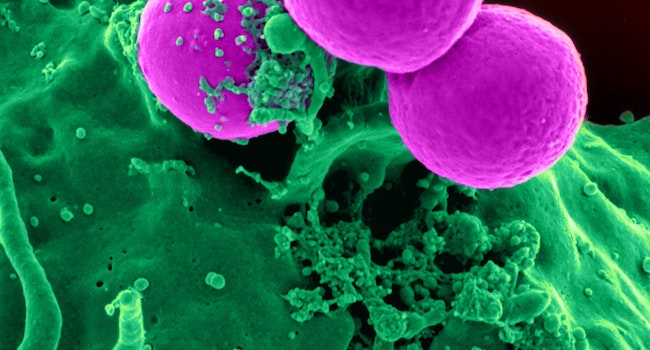
Candidaemia, also known as invasive candidiasis, is a serious fungal infection caused by a type of yeast called Candida. Candida is commonly found in the human body, but it can cause infection if it enters the bloodstream or other organs. Candidaemia typically occurs in people with weakened immune systems, such as those undergoing chemotherapy, organ transplantation, or with HIV/AIDS. It can also occur in people who have undergone surgery or have had a central venous catheter inserted.
Symptoms of candidaemia include fever, chills, and low blood pressure, and it can lead to severe complications such as sepsis and organ failure if left untreated. Diagnosis usually involves blood tests to detect the presence of Candida in the bloodstream. Treatment for candidaemia typically involves antifungal medications, such as echinocandins, which work by inhibiting the growth of the fungal cell wall. Early diagnosis and treatment are important in preventing the spread of the infection and improving outcomes for affected individuals.
Caspofungin is a type of echinocandin that is used to treat invasive fungal infections and is generally well-tolerated. However, there are also some disadvantages to caspofungin. It is typically administered intravenously, which may require hospitalization or frequent clinic visits. It may also interact with other medications, and it can cause side effects such as fever, chills, and rash.
